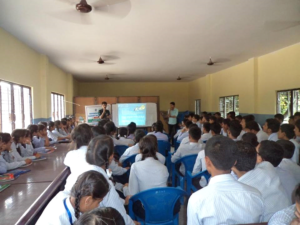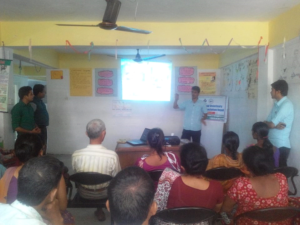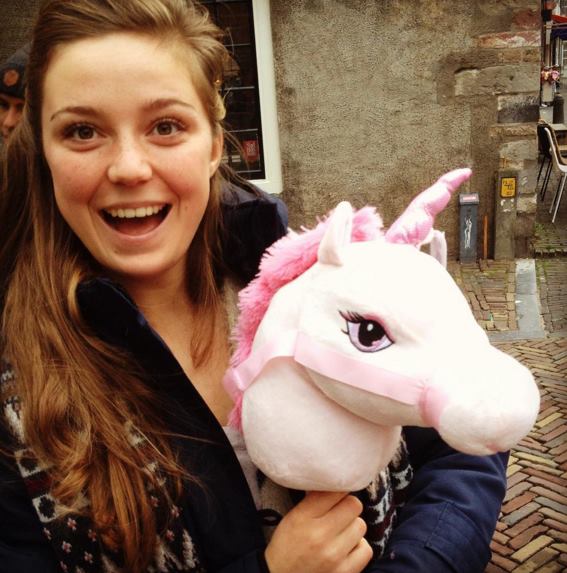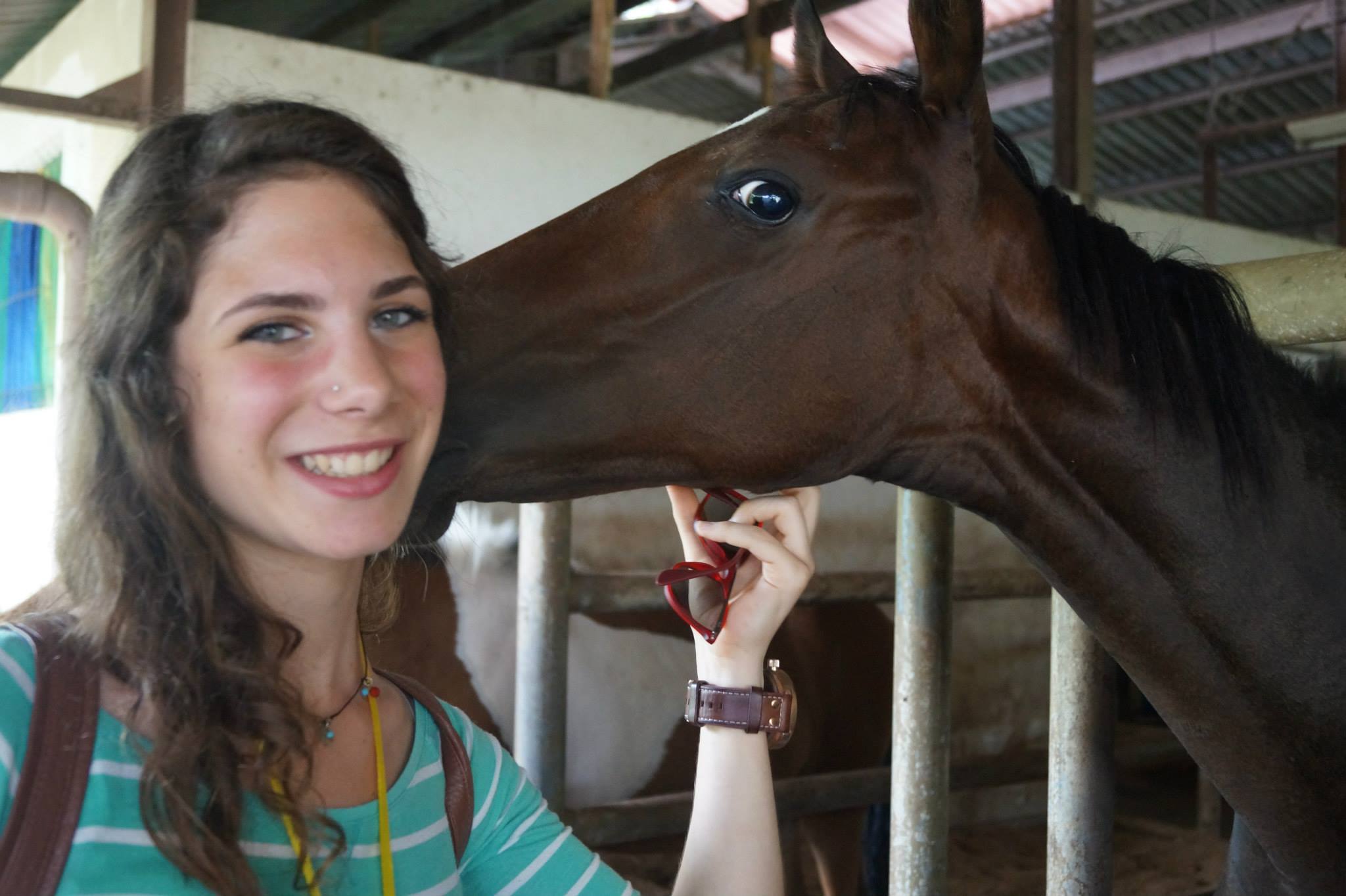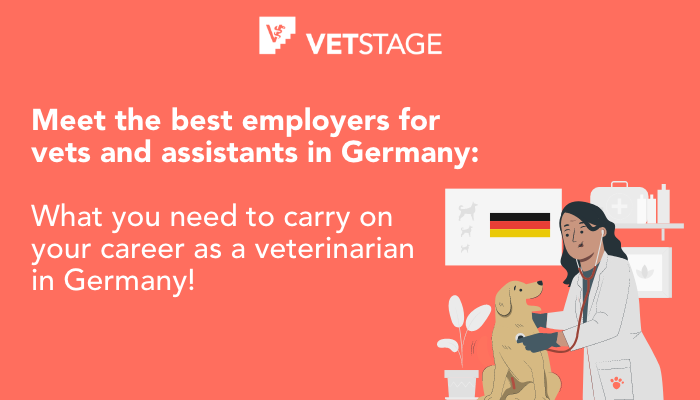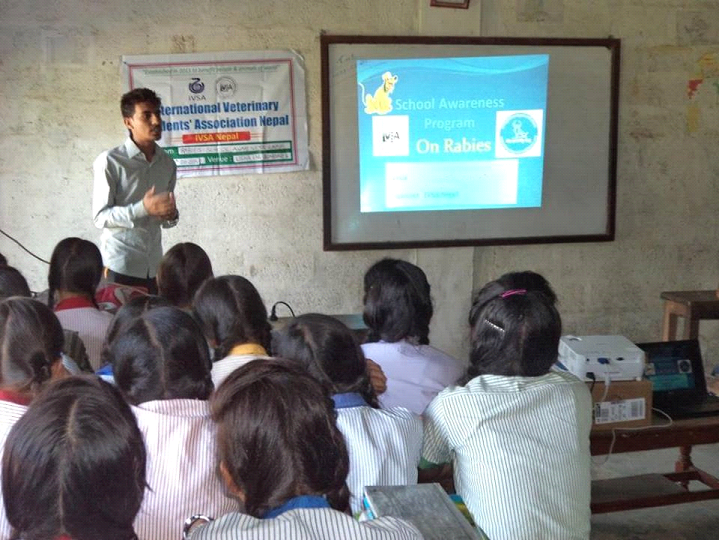
As a veterinary student, how can you contribute to public education on improving the welfare of stray animals?
Animal Welfare dignifies the animal to be facilitated with 5F’s, viz., Freedom from thirst and hunger; Freedom from discomfort; Freedom from pain, injury and disease; Freedom from fear and distress, and Freedom to express most normal behaviour. Concern for animal welfare is often based on the belief that animals are sentient, and so consideration should be given to their well-being or suffering. Because steps toward animal welfare today are limited only to animal rights activists and veterinarians, animal welfare may not be fully realized, and so public awareness is a must.
Public awareness on animal welfare includes Pamphlets distribution, Artistic presentations, Painting/ Postering on walls, Street dances with themes, Dramas, etc. More highly educated people would potentially favour Pamphlets and presentations, while the illiterate groups of people may be more aware of Animal Welfare if exposed to TV shows, radio scripts, street dances and dramas.
Organizing free community animal health camps for stray animals with the involvement of the public could motivate them to work towards good animal welfare (feeding, sheltering) and educate them on the significance of the human-animal bond, as well as the importance of those animals (Eg. as pets). An example of this is the catching of dogs for neutering programmes at the marketplace throughout the day, where many people can see the veterinarians working proactively for the wellbeing of the community. This is important to gain the trust of the community and to engage them in the work. The engagement of local people, raising their awareness, and helping them value population and disease control will thus increase animal health within communities and is the key to a sustainable health balance.
No matter wherever veterinarians work, whether in the private sector, or animal shelters, or in the community, they can make a huge impacts in the lives of animals and humans alike by offering resources and knowledge to aid in the reduction of unnecessary relinquishment, abandonment, and euthanasia of companion animals. One Health issues also raise the importance of public awareness on diseases that could be spread by stray animals, and so welfare is and should be included in the discussion.
As a vet, I am able to educate people on the importance of cute animal friends when they are made a pet (or a domesticated animal) and offer advice to owners on at-home care, grooming, nutrition, dental care, behaviour, and the benefits of pet sterilization.I can raise public awareness of issues pertaining to animal homelessness and pet overpopulation. I can serve the community by involving myself in programs that offer veterinary care to homeless animals and help to curb the overpopulation of animals.
I have also been frequently engaged in public awareness and school awareness issues, mainly in the eradication of Rabies. Contents of such talks would include the discussion about stray dogs, which are more prone to become reservoirs of Rabies. Bringing awareness to the public, school teachers, and students on the benefits of neutering (because large numbers of dog populations would have to suffer more due to hunger and a lack of shelter) stray dogs, as well as vaccinations are essential parts of animal welfare. Involving schoolkids and younger children is a great way of transforming the mind of the community towards better animal health and welfare. Children are naturally open and curious, and they can bring the experiences gained from our awareness talk back to their families. Children are a nation’s future builders, so educating and bringing awareness to them is thus very important, and absolutely effective.
In conclusion, whatever method, ways, or means used to bring awareness to the public, the main focus point should be that it should be of the participatory approach. When people are able to personally and physically participate in community work in the field, awareness would be so much more effective, and the welfare of stray animals can then truly be sustainable.
Yuvraj Panth, President of IVSA Nepal
